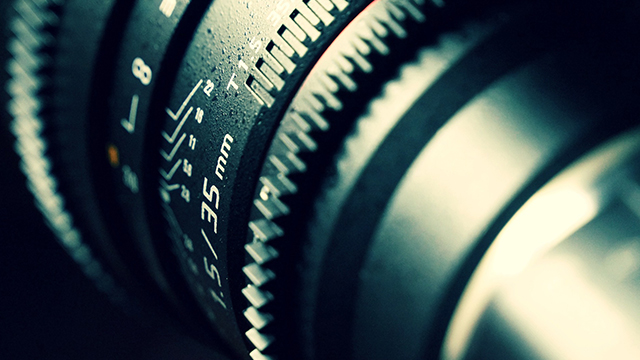Documentarians Entreat Camera Manufacturers for Encryption
December 19, 2016
Documentary filmmaker Laura Poitras, who shot the Oscar-winning “Citizenfour” about Edward Snowden, along with 150 other documentary filmmakers, signed an open letter from the nonprofit Freedom of the Press Foundation (FPF) asking camera manufacturers Canon, Nikon, Olympus, Sony, Fuji, Kodak and Ricoh to add encryption features. The fear is that thieves, law enforcement or agents of authoritarian governments can access footage by simply taking possession of the camera, and the documentarians want protection.
Wired quotes from the letter, signed by four Academy Award winners and 14 nominees, that “because the contents of their cameras are not and cannot be encrypted, there is no way to protect any of the footage once it has been taken. This puts ourselves, our sources, and our work at risk.” Numerous documentarians have already experienced the “surveillance and heavy-handed law enforcement that makes encryption necessary.”
“When you’re in a conflict zone, you don’t have the energy or concentration to do a long process of encryption,” said Syrian filmmaker Orwa Nyrabia. “It just doesn’t work that way.”
Photojournalists are equally vulnerable, and The Committee to Protect Journalists’ activism director Courtney Radsch says such seizures happen so often “that we could not realistically track all these incidents.” Although camera makers haven’t encrypted their products, some third party software makers — such as Magic Lantern, for Canon cameras — have worked on aftermarket encryption; the solutions are largely untested and complicated to use.
FPF executive director Trevor Timm encourages camera manufacturers to follow the direction of such third party software providers, arguing they “have a responsibility to protect their customers.” “It’s not a simple problem to solve, but we think it is solvable,” he said.
TechCrunch reports that one camera company is heeding the call. The Palo Alto-based Light offers its new multi-lens L16 with full disk encryption, according to chief executive Dave Grannan, who adds that, “powerful asymmetric key encryption is on the team’s roadmap.”
Built on the Android platform, the Light L16 now uses “the basic encryption” of the Android ecosystem. It’s easier to encrypt smartphones than expensive digital cameras simply because the consumer market is so much bigger than that of professional photojournalists, but TechCrunch opines that adding encryption to cameras is not simply “the ethical thing for major camera manufacturers to do,” but has an inherent business case. With increased connection, cameras are more prone to hacking.
“Nobody would build a camera from the ground up today without basic encryption capabilities on it,” said Grannan.


No Comments Yet
You can be the first to comment!
Sorry, comments for this entry are closed at this time.